Q: I saw that you recently tweeted out some screenshots of sets from Free Fire that you had built in Minecraft, and have read that you like to do set design in game. Where did that idea come from and when in the process do you do it?
Ben: It’s quite early on, usually. It’s not a new thing to make visualizations stuff in CG, but usually you need a team of people and it costs a fucking fortune. Minecraft is the only 3-D package that I can operate on my own. It’s easy, like working with LEGO. So you just build the sets in that and then you can walk ‘round it and share it with other people so they can see it as well. It’s just an easier way of doing things. It’s weird; I mentioned it once and everyone has gone fucking crazy about it, I don’t know why.
Q: And were these Minecraft sets used for story-boarding, or was it there to help you initially visualize the sets?
Ben: No, it’s really just an initial thing. It helps that you can change the field-of-view of the camera, which can help replicate how different lenses will look in the space. That’s really useful and hard to do with drawings. But it’s not the only thing we do, we also storyboard. Paki Smith, who was the production designer on the film, did loads of paintings and sketches before we got there to get a real feel of the full situation. So the Minecraft stuff was just the beginning of the process.
Q: In terms of the genre mixing that you did for the film, combining crime, action and comedy, what was your goal with combining these genres and how does it differentiate Free Fire from other shoot-em-ups?
Ben: I guess the film initially comes from wanting to make something that was on a smaller scale, something that you felt like you could understand on a human level. I see these bigger action movies and feel like they are becoming too abstract. You know, you are seeing these incredible images but you don’t feel attached to what is going on. I remember seeing the DVD extras for Terminator 2: Judgement Day, the crew was really excited that they blew up a building in the film. And I remember watching it at the time and going “Oh fuck, they blew up a building!” You see a movie now and they'll blow up a city or planet and you just kind of shrug it off. I just started wondering why I so loved the movies in the 70’s and 80’s that were far more modest in comparison to today’s action. I think it’s because films are starting to lack action on a human scale. I felt like this was the right kind of story to drop into and really feel the more human element.
Now the comedy side of it comes from me wondering how enjoyable it is to be dropped into that environment and for can long can they stand it. In every film I have made, I try to give characters a sense of humor because the world of cross characters that never have a sense of humor doesn't feel right to me. But seems like a badge of honor for a lot of movies to be a punishing emotional fucking misery ride. And most people’s lives, even when they are at the harshest, still have an element of levity. I just tried to infuse that into the film.
Q: Was the idea of going after a more human action movie where you became motivated to use mostly practical effects?
Ben: I like that you can’t argue with the practical stuff. Actors naturally react to practical effects because guns are firing real blanks and things are actually exploding. The idea is to get rid of as much phoniness as possible, because the less phony material for the audience to sift through the better. You want to get the audience as close to the movie as possible.
Q: Did you have to use any CGI?
Ben: Yeah, bits and bobs, but hopefully you never notice. The muzzle flashes of the guns sometimes don’t show up and you have to edit those in. Which is really quite annoying when you spent all the time getting real guns and using practical effects.
Q: Every character brings something really special to the film and played an essential role in the story. How did you achieve that and was it hard to make every character important to the audience?
Ben: A lot of action movies seem to be about one white-hatted character who guns down a bunch of bad guys. The “good guy” will gun down 60 people and I’ll be sitting there going “shit, man, that would be one of the worst shootings ever.” and then that happens three or four times throughout the movie. If you changed the music, this guy would look like a horrible murdering psychopath.
So the idea of making all the small characters likable and knowable gives them humanity and gives the whole film a kind of empathy that you kind of feel sad for these people. We shouldn’t be in the position of wanting characters in a movie to be dead, so I tried to make every character able to be rooted for.
Q: You’ve worked as an editor on most of your feature length films. What part of the editing process is the most fulfilling and keeps you editing your own movies?
Ben: I think that editing is the final control of a movie, the engine room of a film, and I am not keen on giving away the reins on that. There are very few frames between a good cut and a bad cut, so I want to be sure that the movie is exactly what I want it to be. I think like an editor when I am writing and shooting as well, so I can be confident when I am shooting that I have whatever material I need because I am the one who edits the final product.
Q: Why did you choose not to have any explicit details about the setting of Boston, though the movie is set there?
Ben: It was a kind of respect for Boston and a knowing that (chuckling) I’d eventually have to face people who were actually from Boston. I thought it wasn’t important to be overly reliant on details about Boston. There is a bit of historical detail about the guns being moved to Ireland, but I didn’t want the film to end up being diluted by the actual history of Boston in the 70’s. The film doesn’t even have a date or location stamp, so it really doesn’t matter to the film. It can become a sideshow, and I didn’t want that.
And also, we know that there are plenty of films that have taken place within Boston with Bostonian actor and the fucking accents are still wrong. We didn’t want to get into that whole issue, so we avoided it all together.
Q: Why did you pick the time period of the 70’s? Was it specifically for the subplot of the guns being for the Irish?
Ben: Yeah, it was pretty much specifically for that. On the practical level, it is also about getting rid of the issue of mobile phones. The mobile phone has kind of screwed over the thriller genre. If the movie took place in modern times, they’d all just phone for ambulances and it’d be over before it really started.
I also wanted to make sure the movie didn’t get to tied up in the characters being part of the mafia or Whitey Bulger's gang or whatever. These things have kind of become used too much, so having the two sets of criminals turn up to buy these guns with the context of the IRA behind it, they seem less off-the-peg. It also makes the film seem more refreshed with more characters from abroad.
Q: Who was your favorite character and why?
Ben: This is a difficult one to answer because the actors are all very active on social media, so they’ll find out and give me hell. The more I think about it, the more I realize my favorite is Steve-O, the Sam Riley character. Whether or not you believe the heinous things that are said about him throughout the film, he seems to just like the chaos of dragging everyone down. Even though it's absolutely unhealthy, to him it a hell of a lot of fun.
You can read Eric Tatar's full review of Free Fire here.
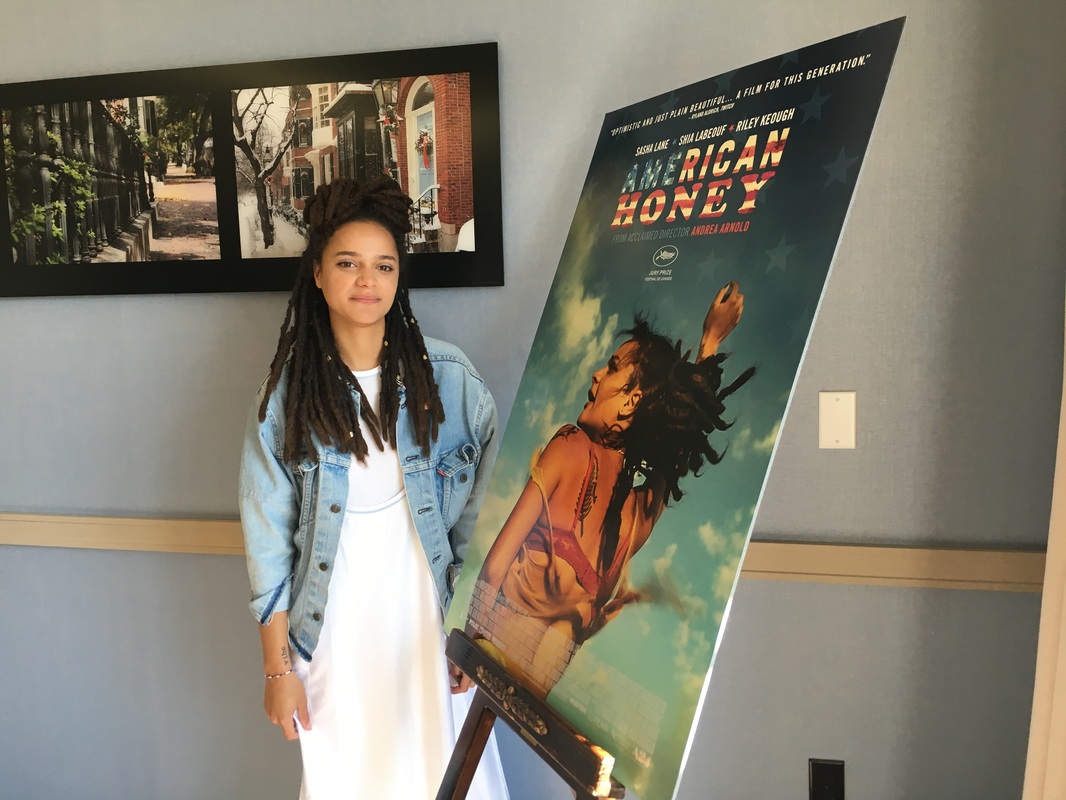
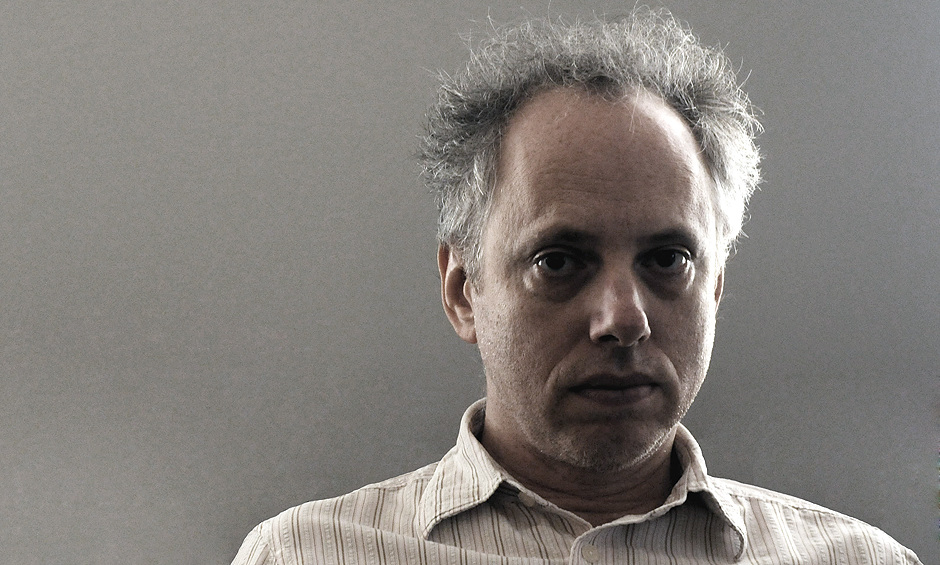
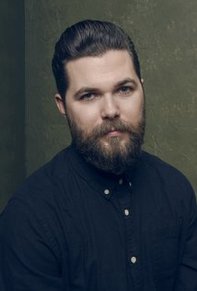
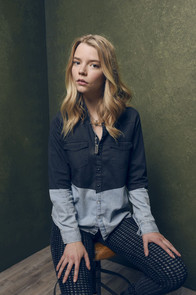
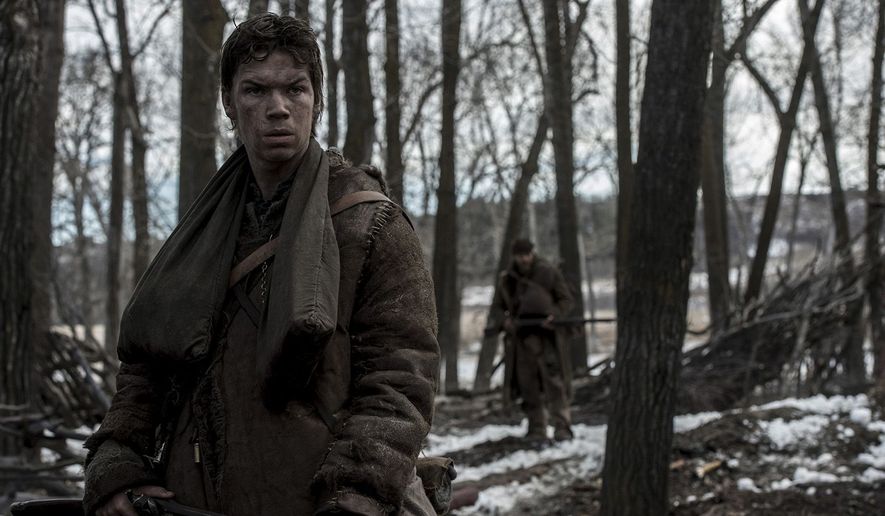
 RSS Feed
RSS Feed
